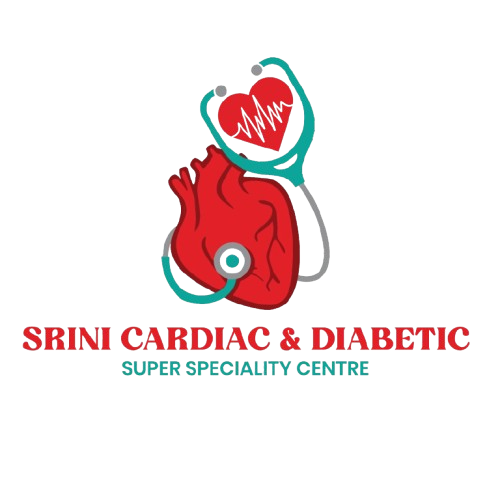Ambulatory Blood Pressure Monitoring (ABPM) is a method used to measure blood pressure over a 24-hour period while a patient goes about their normal activities. This technique involves wearing a portable device that takes readings at regular intervals, typically every 15-30 minutes, throughout the day and night. ABPM helps diagnose conditions like white coat hypertension, where blood pressure rises in a clinical setting but is normal at home. It provides a more accurate assessment of blood pressure patterns, enabling better management of hypertension. ABPM is valuable for adjusting treatment plans and monitoring long-term cardiovascular health.

Dr. Srinivasan
Interventional Cardiologist
Personal Details
- Experience : 14 Years
- 7010998944 ,8012375085
- dr_srini@ymail.com
- 9, Big St, Pavazhakundur, Tiruvannamalai, Tamil Nadu 606601
Skills
Device Setup and Operation
0%
Patient Education and Comfort
0%
Clinical Decision-Making
0%
Collaboration with Healthcare Providers
0%
Ambulatory Blood Pressure Monitoring (ABPM)
Treatments for ABPM
Ambulatory Blood Pressure Monitoring (ABPM) is a valuable diagnostic tool that helps guide the treatment of hypertension and related conditions. Based on ABPM results, healthcare providers can recommend lifestyle modifications such as reducing salt intake, increasing physical activity, and managing stress to help control blood pressure. In cases of sustained high blood pressure, antihypertensive medications like ACE inhibitors, beta-blockers, diuretics, or calcium channel blockers may be prescribed. ABPM also helps fine-tune medication dosages by offering insights into blood pressure fluctuations throughout the day and night. This enables more precise targeting of therapy for better blood pressure control. Additionally, ABPM is effective in identifying conditions like white coat hypertension, where blood pressure rises in clinical settings but remains normal at home. By monitoring treatment effectiveness, ABPM ensures that medication adjustments can be made to maintain optimal blood pressure levels, ultimately reducing the risk of long-term cardiovascular complications.
Indications and Working of a Pacemaker
Surgery is not directly related to Ambulatory Blood Pressure Monitoring (ABPM), but ABPM plays a crucial role in the preoperative assessment of patients. It helps identify uncontrolled hypertension, guiding adjustments in antihypertensive medications to ensure stable blood pressure before surgery, reducing risks like cardiovascular complications and stroke.Post-surgery, ABPM can also monitor blood pressure fluctuations, ensuring it stays within safe limits for optimal recovery. It is particularly useful in identifying white coat hypertension, helping guide treatment decisions and preventing postoperative complications.
Ambulatory Blood Pressure Monitoring (ABPM) is especially useful in surgical patients with known hypertension or those at risk of fluctuating blood pressure. It provides continuous monitoring, allowing for more accurate assessment than traditional office measurements. This helps in identifying patterns like nocturnal hypertension or rapid fluctuations that may not be detected in a clinical setting. ABPM data allows healthcare providers to adjust medications or treatment plans accordingly to optimize the patient’s blood pressure management before, during, and after surgery, improving overall surgical outcomes.

Help & Support
Quick Links
Working Hours
- Mon - Sat : Every 4.00 Pm - 9.00 Pm Sunday - Closed
Copyright ©️ 2024 Srini Cardiac & Diabetic Super SpecialityCentre. All Rights Reserved Designed by
Wink Dezign
